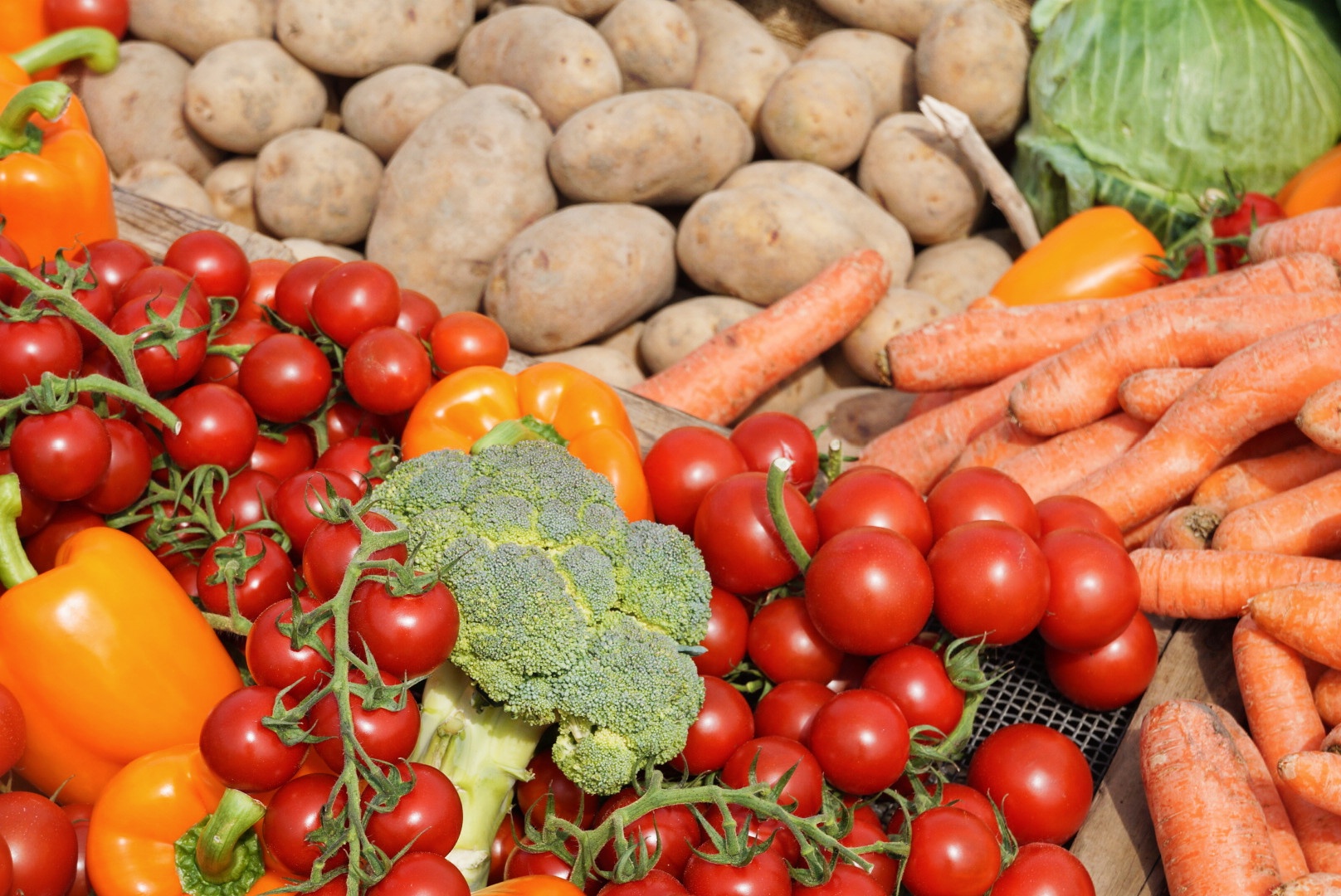The Almeria province in Spain produces around 3.5 million tonnes of fruit and vegetables per year, with over half of this being exported. The region has been branded ‘sea of plastic’ due to the abundance of cheap plastic greenhouses which litter the landscape and can even be seen from space. Amongst the greenhouses are shanty towns which around one hundred thousand migrant workers call home. The workers live in cramped spaces with no water, sanitation, electricity or access to health care. These migrant workers have mostly arrived from West Africa and are employed illegally and exploited by greenhouse owners in order to reduce production costs and gain maximum profit.
Each morning workers wake before sunrise and walk the streets hoping that they will be piled into the van of a duty manager to be taken to a greenhouse. They will then work a full day in the greenhouses in fifty-degree heat, with no break, receiving pay which is significantly lower than minimum wage. They will also be exposed to poisonous pesticides with no protective gear or equipment. The union Sindicato de Obreros del Campo which advocates for the workers’ rights suspects that there have been many deaths due to poisoning, but it is challenging to keep track of these fatalities when there are no official records of the migrants. Workers have commented that “consumers are not aware that we are slaves inside the greenhouses” as shoppers across the UK and the rest of Europe buy produce unaware of the suffering incurred to produce it and keep prices affordable. Furthermore, many packages do not display the providence of Almeria on them, so consumers are not informed of the exact origins of the product.
If workers do not have papers, farmers will not risk employing them for more than two or three days meaning that workers have no guaranteed income. Legal workers hope to secure a small contract to give them a sense of job security. Even legal workers do not receive minimum wage as bosses refuse to acknowledge the number of hours worked on payslips. The SOC negotiated a minimum daily wage of €46.72 but this has been ignored by the greenhouse owners.
One of the largest pepper farms in the region, Godoy, stated that the workers were lying and that they “don’t know what they want exactly…we pay what the law says, and we have payslips and bank transfers to prove it”. However, the migrant workers have said that the company falsifies pay slips and that they are always underpaid, receiving around thirty per cent less than minimum wage whilst they work two hundred hours a month. Asda and Lidl have stated that Godoy isn’t one of their direct suppliers, whilst Aldi and M&S claim that they are investigating the issue. Sainsbury’s have refused to comment about its relationship with Godoy.
Once migrants arrive in Spain they have to wait around three years for a permit to prove that they are establishing roots in the country and building a life. They may also have to be sponsored by a boss to retain a work permit. Furthermore, managers often like to work with people they recognise so new arrivals often find themselves desperate to find work and will lend themselves to the most horrific conditions.
Greenhouse owners say that the cost of fruit and vegetables remains the same in supermarkets whilst essential production such as plastic, lights and soil continue to rise. However, it is consistently the migrant work force which takes this strain. It is clear therefore that throughout the sea of plastic in the Almeria region there is little evidence of the law as farms take advantage of the migrant workers desperate situation.
Alex Rimmer
Image: Wikimedia Commons.

